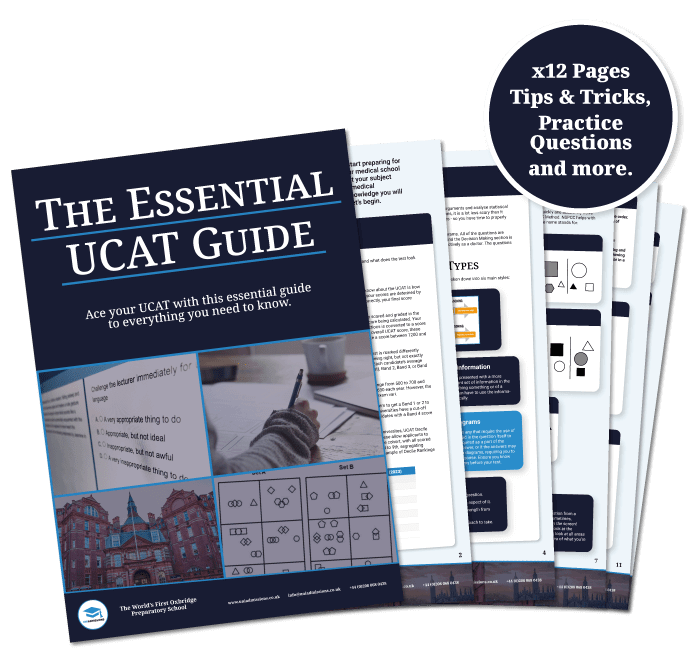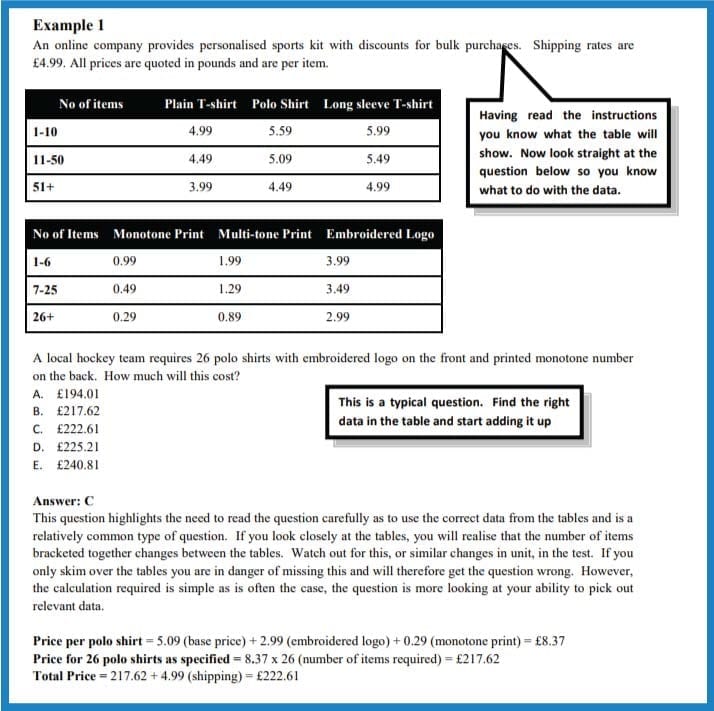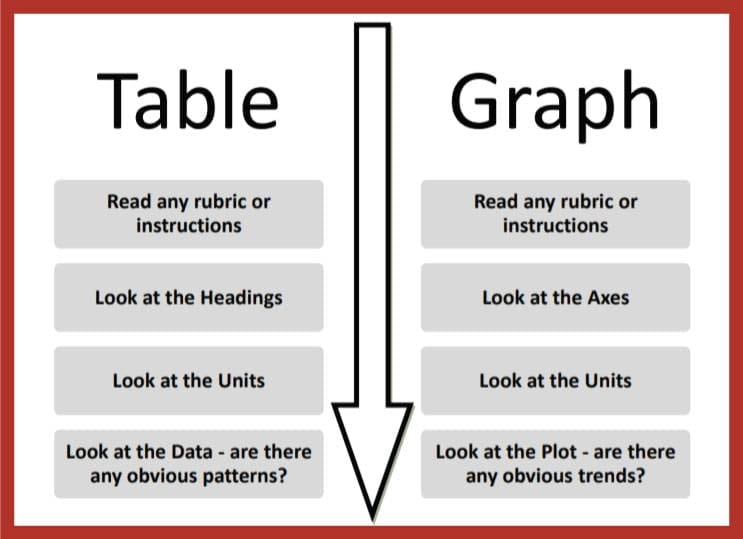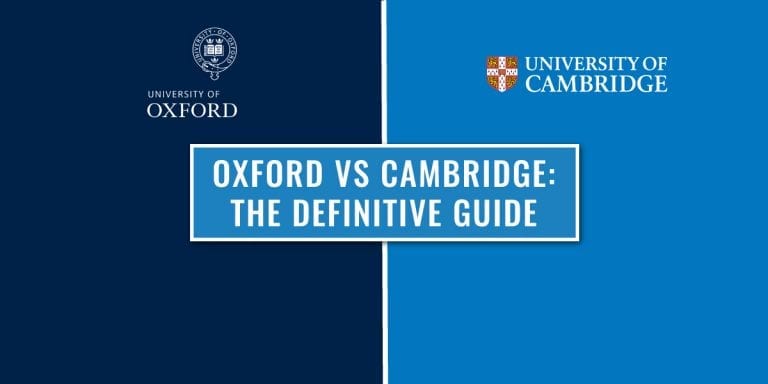UCAT CHANGES 2025
The Abstract Reasoning subtest will be removed from the UCAT in 2025. This will impact the timings and question totals of most other subtests. At UniAdmissions, we aim to provide the most recent information to all of our visitors as soon as possible.
The UCAT Quantitative Reasoning section tests your ability to quickly interpret data and perform relevant calculations upon them.
This section of the UCAT contains 36 questions and you have 26 minutes to answer them. This is slightly more generous than the Verbal Reasoning section. As with all sections of the UCAT, Quantitative Reasoning has one additional minute to read the instructions at the start.
This subtest is one out of the four sections in the UCAT. The other three are:
In this UCAT Quantitative Reasoning guide, we outline what the questions look like, how to prepare for the section with some tips on how to answer the questions.
UCAT Quantitative Reasoning Questions
There are different types of questions you can be asked in Quantitative Reasoning, but all involve interpreting numerical data. This section is all about testing your natural ability with numbers, how easily you understand numbers and how well you can make calculations based upon new data.
This is an example question, along with a worked solution so you can see the question and answer process.
With the help of our specialised UCAT Tuition Programme, you can master every section and get the score you need.
Quantitative Reasoning is a tough section of the UCAT, but with effective practice, you will score highly on the test. Our UCAT Programme gives you expert support through many different avenues of learning, such as one-to-one tuition, comprehensive preparation materials and intensive courses.
How to prepare for Quantitative Reasoning
Practice common question styles
Be especially comfortable with things like bus and rail timetables, sales figures, surveys, converting units and working with percentage changes in both directions. These are commonplace in the UCAT and can prove awkward if you’re rusty. Likewise, be sharp on your simple arithmetic, it might seem basic, but a good knowledge of times tables will save you a lot of time.
Familiarise yourself with the format of diagrams
When looking at an unfamiliar diagram, a clear approach will help you quickly grasp what it shows. Candidates who let the time pressure stop them from properly interpreting the data are much more likely to lose marks. Avoid this common pitfall by following our approach below to quickly read complex data.
Get comfortable using the on-screen calculator
It’s important to know exactly how the on-screen calculator works to use it effectively during the test. Make sure you know what functions it has and doesn’t have. Practice using the calculator before test day so you don’t waste any time learning it on the day. You can do this on the UCAT website.
Mental Maths
The main challenge in most questions is finding the right data and selecting the appropriate calculation to perform, rather than the actual calculation itself. However, time is tight so you should be confident with addition, subtraction, multiplication, division, as well as working out percentages, fractions and ratios. Although there is a calculator, some arithmetic is better off done in your head.
Answering Quantitative Reasoning questions
Estimation
Estimation can be a very useful skill, particularly when the answers are significantly different. If the answers are very different to each other, then a rough estimation can actually give you the correct answer. Also, make a mental note of what you expect the answer to be when you use the calculator because it can be easy to slip up!
Flagging for Review
Flagging questions is always a useful tool. If the question is difficult and is taking too long to solve, guesstimate an answer, flag the question and move on! This way, if you don’t have time to come back to it, then you still have an answer put down.
Claim Your FREE Essential UCAT Handbook
The UCAT is a requirement for most medical schools in the UK, so it’s important that you are well-prepared so you can score highly and earn your interview invitations. With our Essential UCAT Guide, you will find a detailed breakdown of each section, preparation tips, practice questions and more. Fill out the form below to gain free access right away!

What is a Good UCAT Quantitative Reasoning Score?
The overall UCAT score for the first four sections is more significant than scores for individual sub-sections. A high UCAT score is generally considered to be above 2,000, although this can vary depending on the university you are applying to. However, this score would be considered competitive for most universities.
For Quantitative Reasoning specifically, a good way to judge a good score is to look average scores from previous years of the exam:
Average UCAT Quantitative Reasoning Score (2024)
649
Average UCAT Quantitative Reasoning Score (2023)
649
Average UCAT Quantitative Reasoning Score (2022)
658
With these averages, we say that a score between 650 and 660 would be average, while a score in the 680 – 700 range would be a good score to achieve. Again, the required UCAT score for acceptance into a medical school can vary and depend on where you are applying to, as some schools have higher average scores for accepted applicants while others operate cut-off scores. You can learn more about all of the UCAT Universities in the UK within our UCAT Medical Schools Guide.
That’s everything you need to know for the basics of Quantitative Reasoning. However, there’s still a lot to understand about the UCAT. Find out how you can boost your UCAT score and triple your chances of success with our expert UCAT Tuition Programmes today!
UCAT practice is key to strengthening your Medicine application, make sure you receive the most effective support.
The UCAT exam is a vital component of your Medicine application so scoring highly can mean the difference between an offer or rejection. At UniAdmissions, we are experts at boosting your UCAT score and maximising your chances of gaining a place to study Medicine.
Discover our UCAT Programme by clicking the button below to enrol and triple your chances of success.









